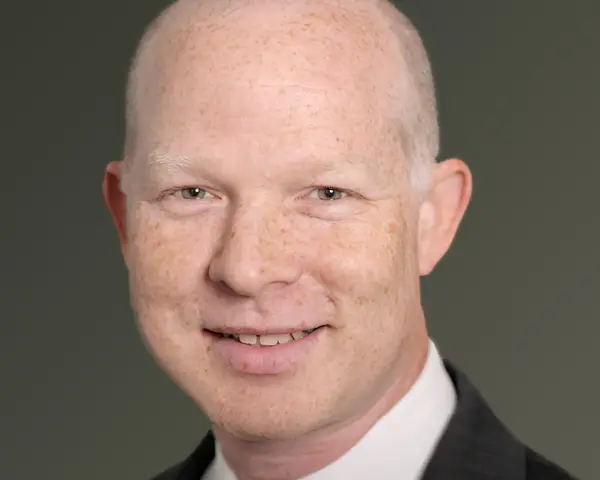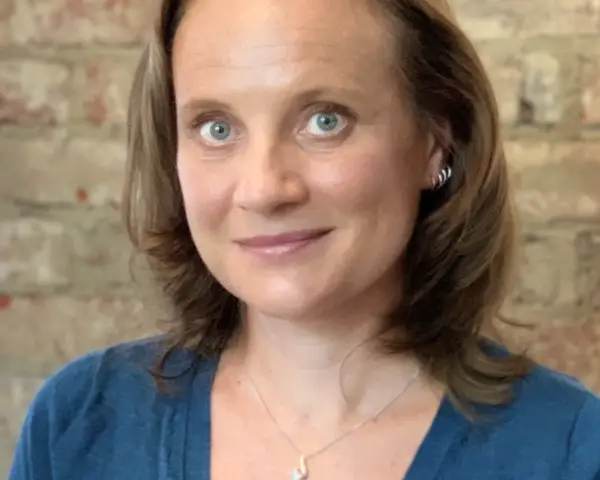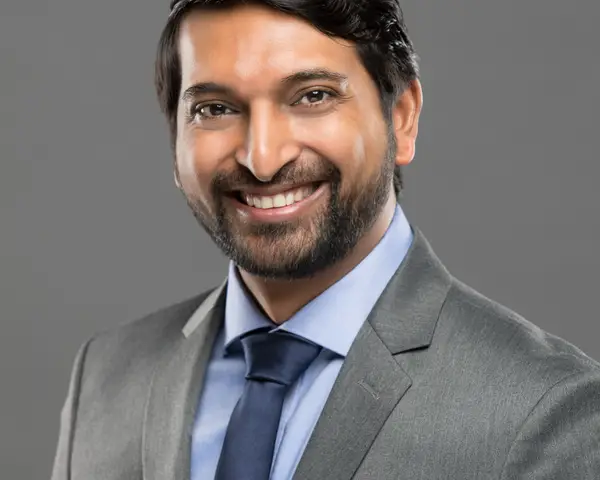Learning and Adapting during COVID-19 Series | Webinar 4: Data for Cross-National Decision-Making
Date
As governments, international donors, researchers, and implementers continue to face challenges posed by the COVID-19 pandemic, having up-to-date data is critical for decision-making. Face-to-face surveys are largely not feasible now, so phone surveys have emerged as a powerful tool to collect data quickly and cost-effectively across multiple countries. These surveys can help us understand people’s knowledge, attitudes, and behaviors toward COVID-19, as well as the effect the pandemic is having on employment, education, health, and migration.
While phone surveys are feasible, cost-effective, and fast, they also have their own set of challenges related to sampling, coverage, questionnaire design, data collection, and representativeness.
An exemplary panel of researchers and experts from different development and humanitarian organizations will share emerging best practices for cross-national COVID-19 phone surveys. Each speaker will share specific case studies and discuss challenges, successes, and future applications of phone surveys for COVID-19 and beyond.
View more from the "Learning and Adapting during COVID-19" series.
Watch the Webinar

Roxana Elliott, VP of Marketing and Content, GeoPoll
Roxana Elliott has over 10 years’ experience in international communications and marketing with a focus on Africa and the Middle East. While at Al Jazeera Media Network, she was a key member of the communications team managing Al Jazeera’s high-profile public relations during the Arab Spring. At GeoPoll she manages a team who author and disseminate multiple research reports per year. Roxana has presented GeoPoll’s research at multiple conferences and has authored research papers published by Brookings, ESOMAR, and others. She holds a BA from George Washington University and an MA in Communications, Culture and Technology from Georgetown University.

Steve Glazerman, Chief Research & Methodology Officer, Innovations for Poverty Action
Steve Glazerman, Ph.D, is a labor economist who focuses on impact evaluation design and cost effectiveness analysis, with emphasis on education, particularly teacher labor markets and consumer demand. After completing a Ph.D at the University of Chicago’s Harris School of Public Policy, he worked for 20 years at Mathematica Policy Research, where he was most recently a senior fellow. His research has mostly been in the U.S., covering topics such as teacher training, performance measurement, licensure, and compensation, as well as public school choice, early grade reading, and preschool curriculum. He has also conducted research on job training, scientific workforce development, nutrition, and housing. In addition to U.S.-based research, Steve has led RCTs in Peru, Guatemala, Honduras, and Nicaragua on various early grade reading interventions and has advised on evaluation design in various sectors in Tanzania, Ethiopia, Mexico, El Salvador, and the Republic of Georgia for projects funded by the World Bank, USAID, and MCC. He taught program evaluation and cost benefit analysis in the economics department at Georgetown University and has published papers in education and public policy journals.

Abigail Greenleaf, Associate Research Scientist, ICAP Columbia University
Abigail Greenleaf, Ph.D, is a public health demographer whose research focuses on collecting data in low- and middle-income countries. Abba is interested in survey research methods across a variety of public health topics. Her dissertation research assessed sources of error in cell-phone based estimates of modern contraceptive use among women in Burkina Faso. Abba currently works for ICAP's Population-Based HIV Impact Assessment (PHIA) survey. Carried out under the leadership of the Ministries of Health, PHIA data benchmark a country's progress towards controlling the AIDS epidemic and inform targeted policies and programs. Abba previously worked for the Centers for Disease Control as an Allan Rosenfield Global Health Fellow in Ethiopia and Cameroon. She is a Returned Peace Corps Volunteer (Cameroon 2007-2009).

Kristen Himelein, Senior Economist / Statistician, World Bank
Kristen Himelein is a Senior Economist / Statistician with the East Asia & Pacific region of the Poverty Global Practice at the World Bank. She also co-leads on the Global Solution Group on welfare measurement and data innovation and is an adjunct professor in survey methods at Georgetown University. Her research interests center on sampling and survey statistics, and her work has been published in the Journal of Development Economics, the Journal of Official Statistics, and the International Journal of Public Opinion Research, among others.

Shane Khan, Survey Specialist, UNICEF
Shane Khan, Ph.D, currently oversees the development of new survey tools and methods used by the UNICEF-supported Multiple Indicator Cluster Surveys (MICS). He uses a range of qualitative and quantitative techniques to develop and validate new data collection instruments and approaches. His work has led to the development of standardized methodologies for collecting numerous indicators for the Sustainable Development Goals in the MICS surveys and new guidance on sampling methods to survey hard-to-reach populations and boost sample sizes for specific age groups. His most recent work has tapped the potential of mobile phones to collect rapid, representative data from populations in developing countries. He holds a doctorate in public health and publishes on survey methodology and maternal and newborn health in journals and the grey literature.

Charles Lau, Research Survey Methodologist, RTI International
Charles Lau, Ph.D, designs and implements surveys in low- and middle-income countries. He directs projects through the survey cycle, including study design, questionnaire development, sampling, interviewer training, data collection, analysis, and reporting. He has led surveys in 17 countries in Africa, Asia, and Latin America. In these countries, he has used different modes of data collection, including face-to-face interviewing with tablets, telephone, web, and short message service (SMS). With funding from governments, foundations, and commercial clients, his work has covered various topics including health, education, politics, and technology. He also publishes research on cross-cultural issues in survey design, interviewer and mode effects, and sampling approaches in developing countries.